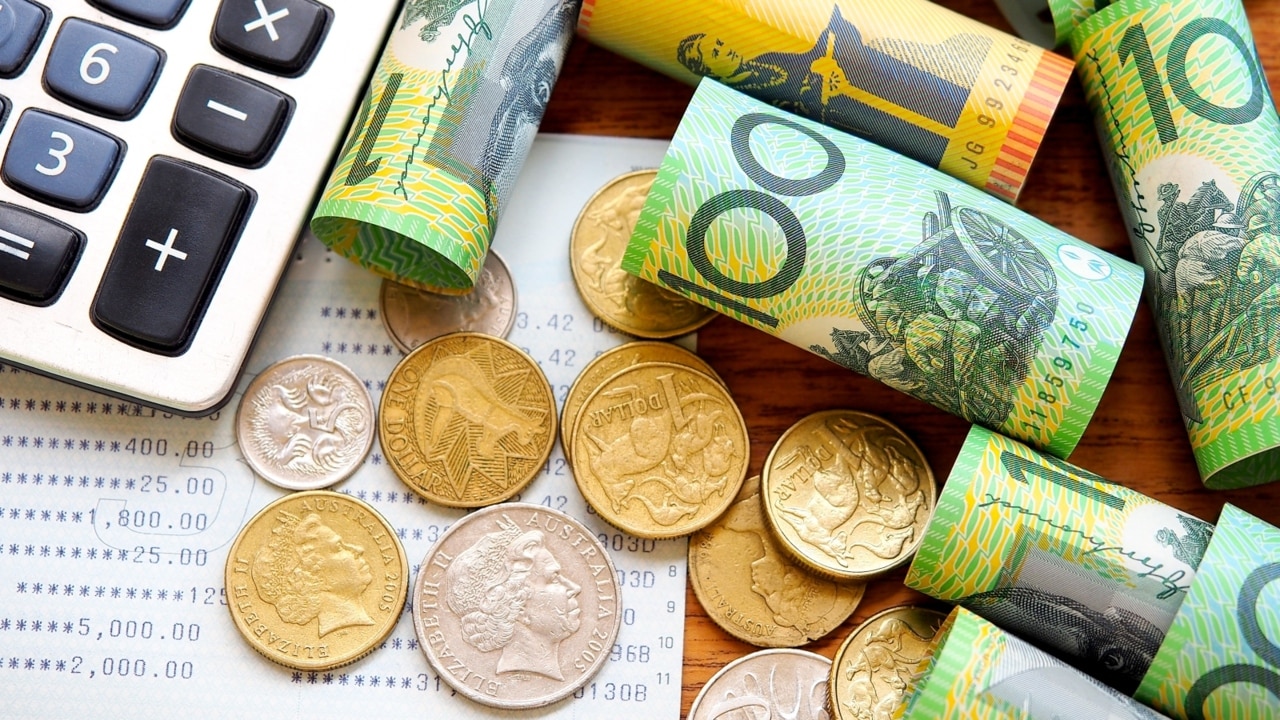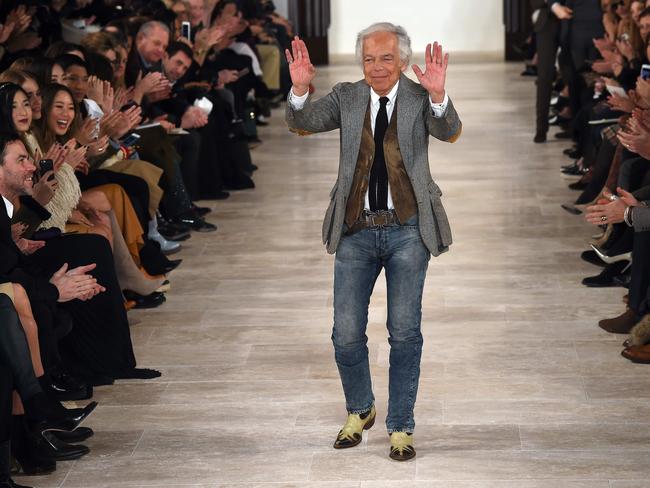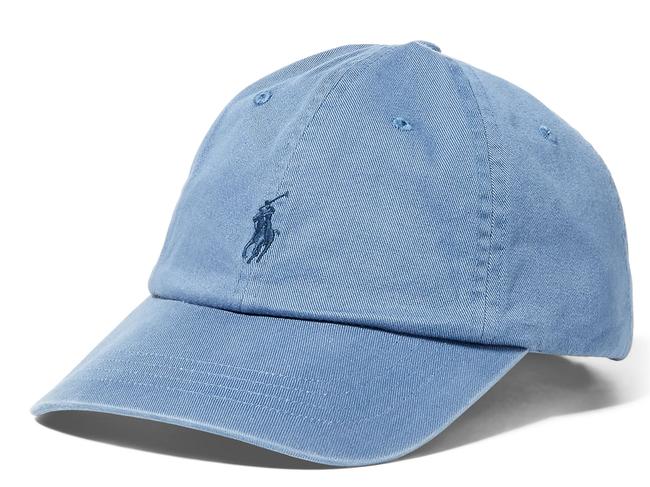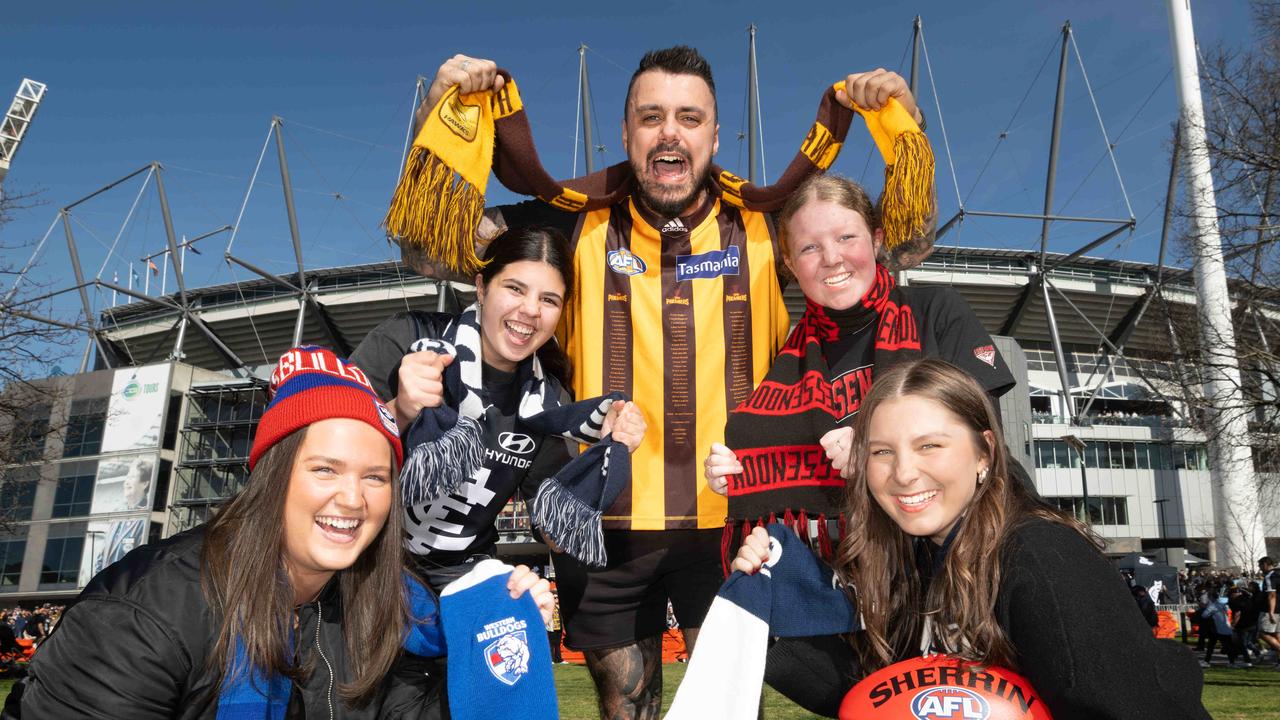Ralph Lauren collected $6.4m in JobKeeper while lifting revenue
The local arm of the global designer giant — backed by one of the richest men on the planet — has snared $6.4m in JobKeeper while lifting revenue.

Victoria
Don't miss out on the headlines from Victoria. Followed categories will be added to My News.
The local arm of Ralph Lauren — backed by one of the richest men on the planet — pocketed $6.4m in JobKeeper while lifting revenue in a world-beating trading performance.
The latest JobKeeper largesse to emerge means foreign-owned fashion houses collected more than $26m in the wage subsidy while generally lifting revenues and in many cases increasing or maintaining profits.
The Australian arm of Ralph Lauren — founded by one of the richest men in the world — increased revenue by 5 per cent to $133.9m for the year to March, accounts lodged with the corporate regulator show.
It delivered a $3.26m profit, on par with the $3.45m it posted in the year prior to Covid.

The local result stands in stark contrast to its global operations which posted a 29 per cent plunge in revenue and a $US121.1m ($161.8m) net loss over the same period.
The brand was founded by US fashion designer Ralph Lauren who is worth $US7.2b ($9.7b).
Other international fashion houses to cash in on JobKeeper include Louis Vuitton which picked up $6m in the wage subsidy while almost doubling its profit, as it rolled out pandemic products including a $3600 pair of dumbbells for home workouts.
The Australian arm of Gucci snared $4.75m – although its revenue dropped by more than one-third – while luxury handbag maker Coach pocketed $2m as it lifted revenue by more than 10 per cent.
In order to qualify for JobKeeper, businesses had to estimate their turnover had or was likely to fall by at least 30 per cent either over a month or three-month period.

Businesses which did not ultimately suffer a revenue fall could still collect the $1500 a fortnight wage subsidy over the program’s first six months, as could those which experienced a 30 per cent drop off in one month followed by a surge in sales over the next five months.
Analysis by federal treasury shows at least $27b worth of JobKeeper payments went to businesses that either increased their sales or did not decline by the program’s benchmarks.
Treasury has defended the decision not to claw back these payments, saying it would have “muted” the nation’s economic recovery at a time of considerable uncertainty.





